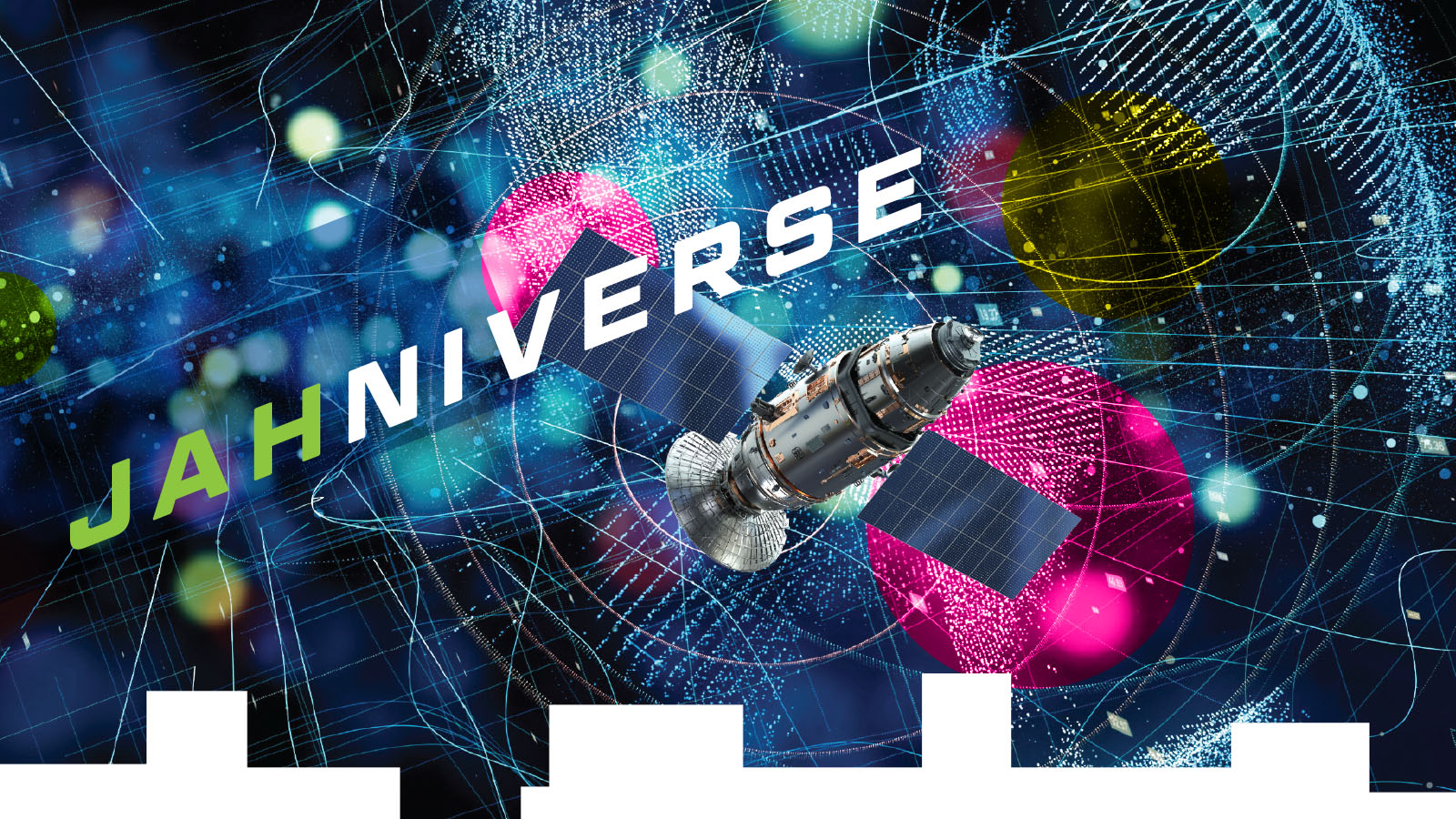Stay Up to Date
Submit your email address to receive the latest industry and Aerospace America news.
As human society continues to evolve globally, the importance of diversity, equity and inclusion within professional societies is becoming increasingly evident. Organizations that fail to embrace DEI as a core tenet not only perpetuate inequality but also hinder their own ability to innovate and solve complex problems. Success, first and foremost, will require engaging doubters with understanding, while simultaneously not allowing DEI to be misconstrued or redefined.
It is essential to emphasize that DEI does not exclude white male heterosexual individuals, nor does it advocate for unqualified individuals from underrepresented groups to be thrust into roles beyond their capabilities. Instead, DEI encourages a collective effort to harness the power of humanity: diverse perspectives, experiences and talents for the betterment of all. A rising tide lifts all boats.
Professional societies are supposed to be built upon the principles of knowledge sharing, collaboration and advancement. However, in order to effectively fulfill these roles in a dynamic world, it is essential that these societies reflect the varied cross section of humanity. By embracing diversity, professional societies open doors to new ideas, nuanced approaches and innovative solutions that would remain inaccessible within homogeneous environments. DEI helps prevent groupthink, a concept developed by research psychologist Irving Janis in 1972 to describe how organizations with like-minded people can come to consensus-based decisions that can be detrimentally myopic of better solutions. An example of groupthink can be found in the space shuttle Challenger disaster, where, inter alia, forced consensus in the absence of diverse perspectives proved to be fatal.
DEI aims to achieve these diverse perspectives by creating equal opportunities, empowering individuals and breaking down systemic barriers that have historically limited their progress. Part of this is finding different ways of measuring success and value that are inclusive of what these otherwise excluded groups are good at. Examples of physical measures include handicap parking and ramps, gender-neutral restrooms and the like. Recognizing and addressing injustices does not diminish the accomplishments of any group but rather promotes equity for all.
When we consider the importance of diversity within professional societies, we must acknowledge that true diversity goes beyond superficial characteristics such as race or gender. It encompasses a broad range of perspectives, including but not limited to cultural backgrounds, socioeconomic status, age, abilities, religious choices and sexual orientation. By actively cultivating an inclusive environment that values these differences, professional societies can tap into a wealth of knowledge and ideas, fostering creativity and innovation.
The argument for DEI is not myopically limited to the principles of equity and social justice; it is also pragmatic. The complex challenges and wicked problems facing humanity today require a multifaceted approach, and diverse teams have repeatedly proven their ability to provide holistic solutions. The inclusion of underrepresented voices tends to bring fresh insights, alternative viewpoints and unconventional approaches. By excluding these perspectives, organizations unintentionally limit their potential for breakthrough discoveries and progress.
Moreover, by neglecting DEI, professional societies risk alienating segments of society, thus missing out on the immense talent and contributions these individuals could offer. In an increasingly interconnected and interdependent world, diverse perspectives are vital for addressing global challenges, fostering collaboration and ensuring the sustainability of our collective future.
To embrace DEI within professional societies, a conscious effort must be made to address existing biases, create inclusive spaces and establish equitable practices. This requires an ongoing commitment to training, education and introspection on the part of all stakeholders involved. It also requires the establishment of policies and mechanisms that actively promote diversity and equal opportunity, both in recruitment and within leadership positions.
As we look to the future, the imperative to fully embrace DEI within professional societies becomes more urgent. By doing so, we not only foster an environment that promotes equity but also unlock the full potential of human ingenuity, enabling us to tackle the most complex challenges of our time. It’s time for professional societies to acta non verba, championing diversity, equity and inclusion — and reaping the rewards of a truly innovative and inclusive future.
About Moriba Jah
Moriba is a professor at the University of Texas at Austin and chief scientist at Privateer. He helped navigate spacecraft at NASA’s Jet Propulsion Lab and researched space situational awareness at the U.S. Air Force Research Laboratory, and is an AIAA fellow.
Related Posts
Stay Up to Date
Submit your email address to receive the latest industry and Aerospace America news.




